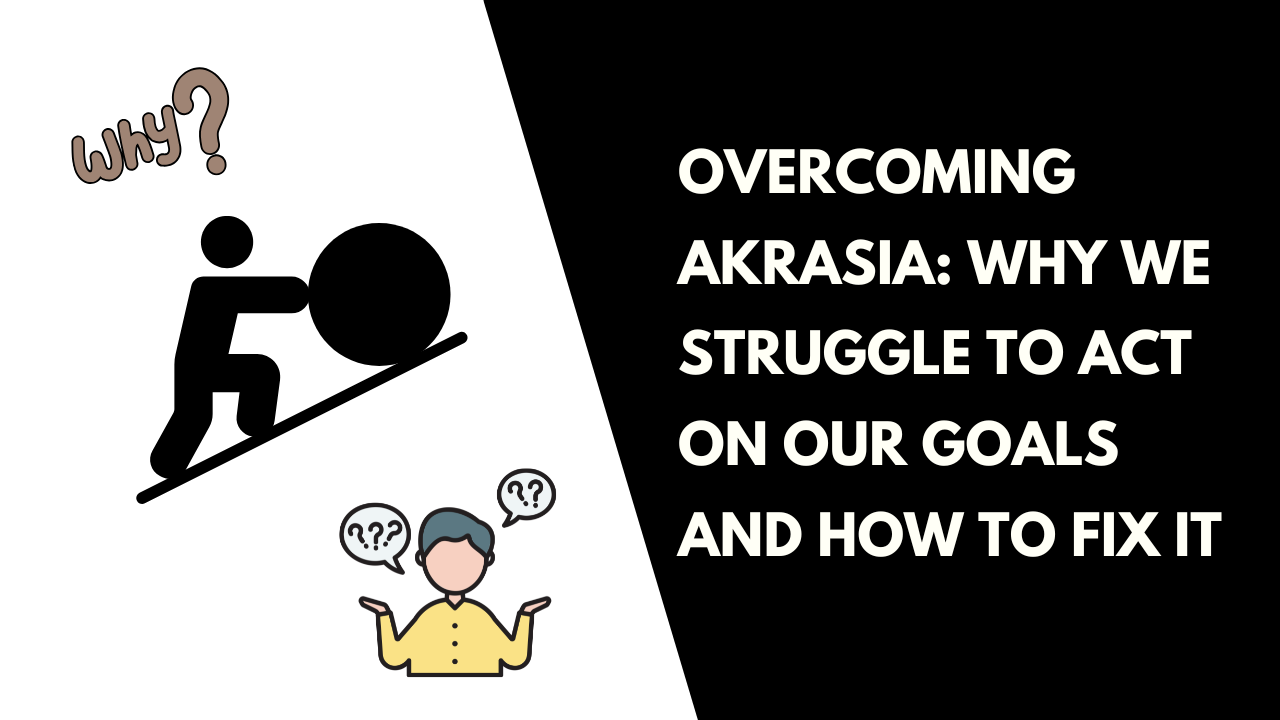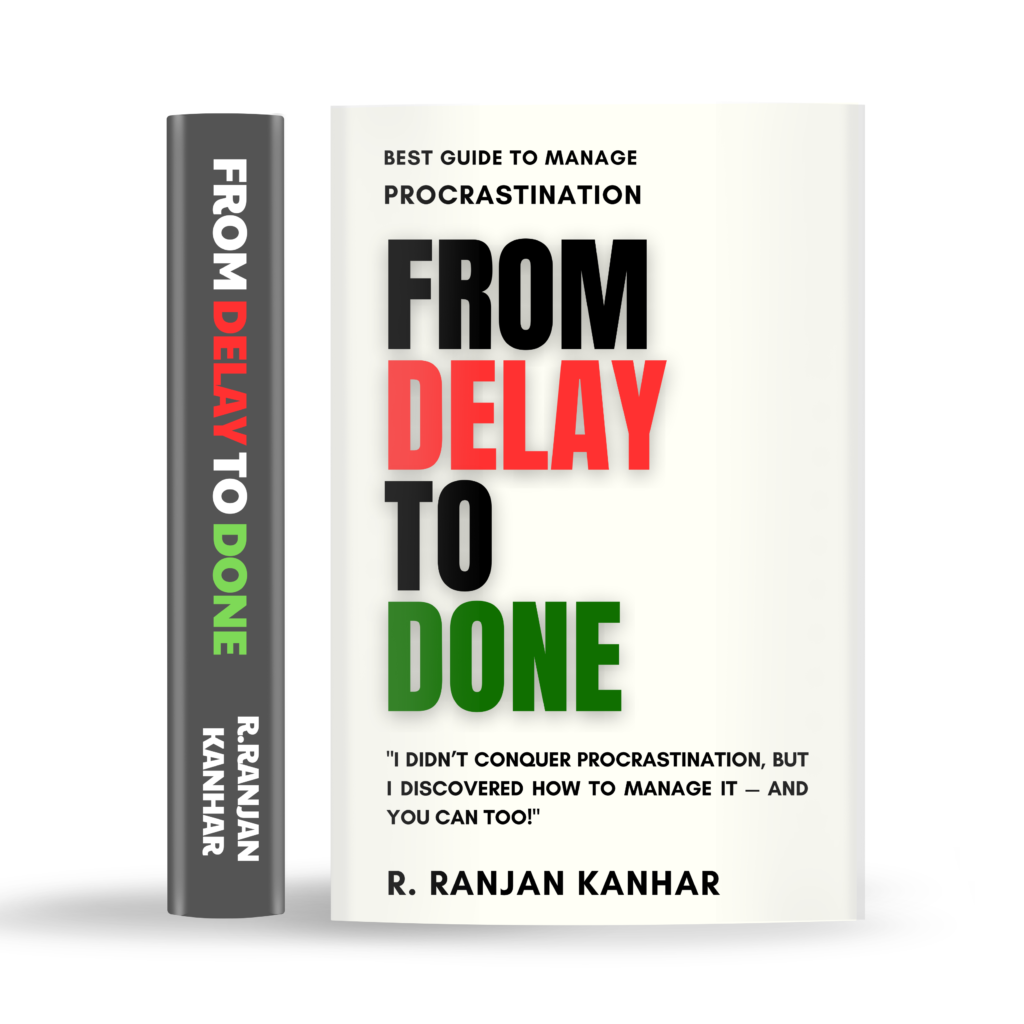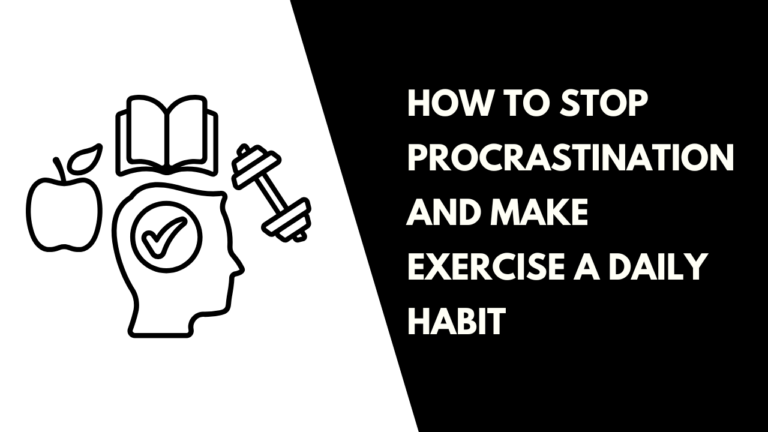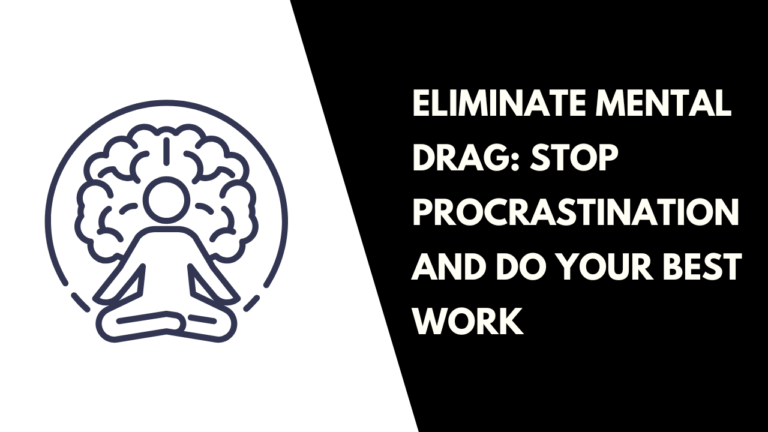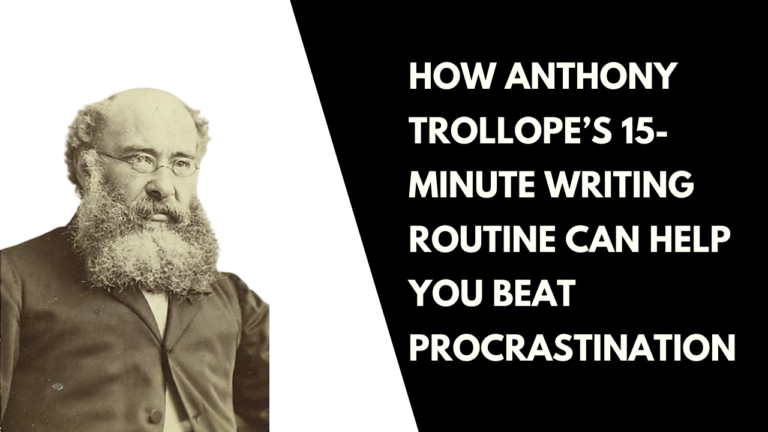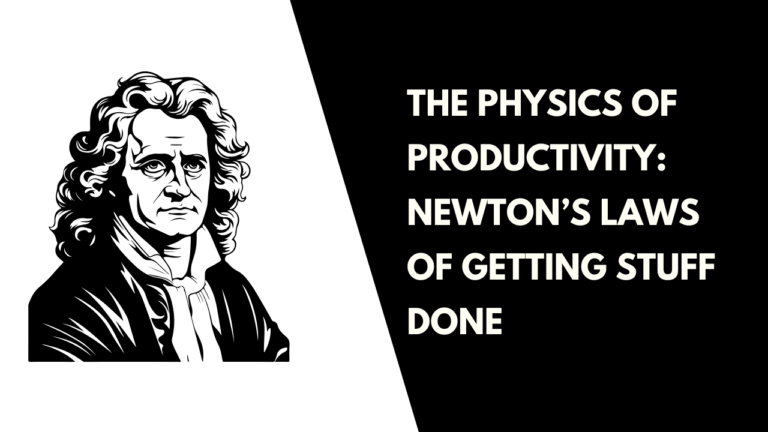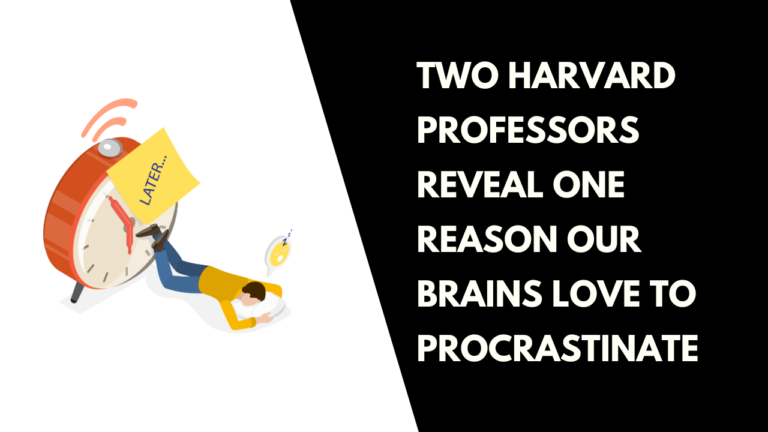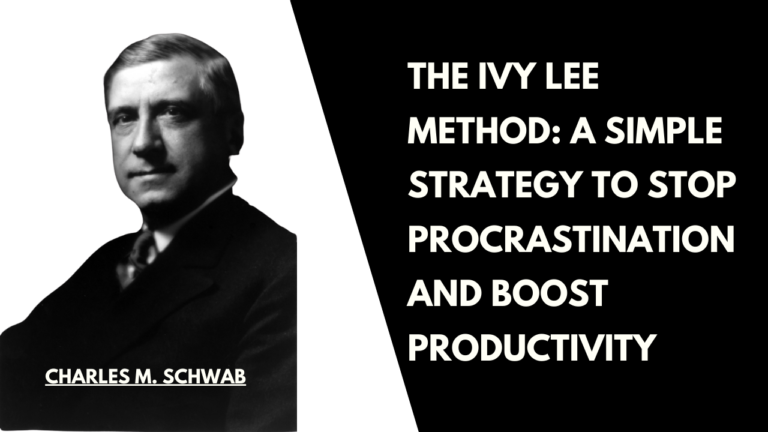Overcoming Akrasia: Why We Struggle to Act on Our Goals and How to Fix It
Overcoming Akrasia effect: Why We Struggle to Act on Our Goals and How to Fix It
Victor Hugo’s Battle with Procrastination
In the summer of 1830, Victor Hugo was in trouble. A year earlier, he had promised his publisher a new book, but instead of writing, he spent his time on other pursuits. Frustrated, his publisher set a hard deadline—he had less than six months to complete the book.
Table of Contents
Toggle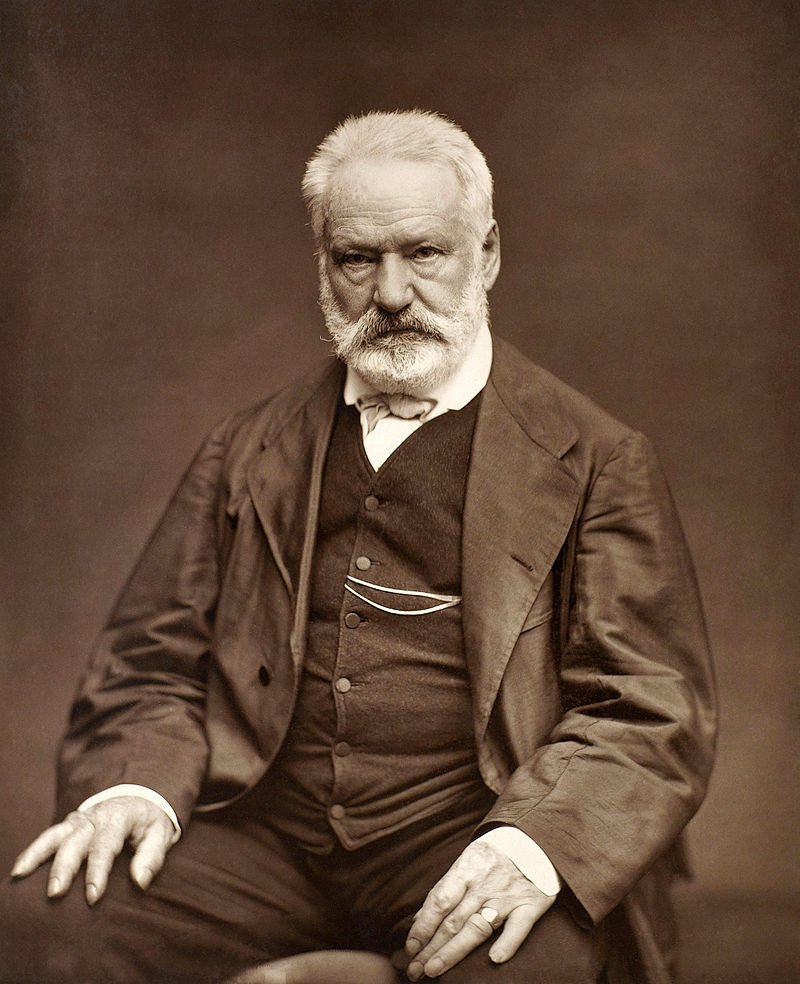
Image source: wikipedia
Determined to beat procrastination, Hugo devised a peculiar solution. He locked away all his clothes except for a single shawl, ensuring he had no reason to leave his study. With no distractions, he spent the fall and winter writing, completing The Hunchback of Notre Dame two weeks ahead of schedule.
This extreme tactic exemplifies the battle against akrasia—the tendency to act against our own best judgment.
Understanding Akrasia: The Ancient Struggle
Humans have struggled with procrastination for centuries. The ancient Greek philosophers Socrates and Aristotle even coined a term for it: akrasia. Akrasia describes the state of knowing what you should do but failing to follow through. It is the reason we set goals, make plans, and yet still fall prey to distractions.
But why does this happen? Why do we commit to actions that would benefit us in the long run, only to abandon them for short-term pleasures?
Why We Procrastinate: The Role of Time Inconsistency
The key reason behind akrasia is time inconsistency, a concept in behavioral economics. It explains how our brains prioritize immediate rewards over future benefits. When we set goals—like writing a book, exercising, or learning a new skill—we make these plans for our future selves. But when the moment of action arrives, our present selves prioritize comfort and instant gratification.
This disconnect between our present and future selves is why we often go to bed motivated to change, only to fall back into old habits by morning.
Three Strategies to Overcome Akrasia
The good news? Akrasia isn’t unbeatable. By understanding its psychological roots, we can implement strategies to outsmart our tendency to procrastinate. Here are three powerful techniques:
1. Use Commitment Devices
Victor Hugo’s method of locking away his clothes was a commitment device—a strategy to restrict future choices and force desired behavior. Commitment devices create barriers to distraction and make it easier to stick to our goals.
Examples include:
Pre-paying for fitness classes to ensure attendance.
Using website blockers to prevent social media distractions.
Scheduling public accountability by committing to a goal with friends or online.
By designing your environment to favor productivity, you reduce the likelihood of giving in to procrastination.
2. Reduce the Friction of Starting
Often, the hardest part of any task is simply beginning. Studies show that the guilt and anxiety of procrastinating are usually worse than the effort required to start the work. The key is to make starting as easy as possible.
Some ways to reduce friction:
Break tasks into the smallest possible steps. Instead of saying, “Write a chapter,” start with “Write one sentence.”
Set up your workspace in advance to eliminate decision fatigue.
Use the “two-minute rule”: Commit to just two minutes of a task to trick your brain into starting.
Once you begin, momentum usually carries you forward.
3. Implement Specific Intentions
An implementation intention is a concrete plan that outlines when, where, and how you will complete a task. Research shows that people who specify these details are 2x to 3x more likely to follow through.
For example, instead of saying, “I’ll start exercising soon,” set a clear intention: “I will work out for 30 minutes at 7 AM in my living room on Monday, Wednesday, and Friday.”
By defining your intentions precisely, you increase your likelihood of success.
Taking Control: Moving from Akrasia to Action
Our brains naturally favor instant rewards over long-term benefits, making procrastination a persistent challenge. However, by using commitment devices, making it easier to start tasks, and implementing specific plans, we can bridge the gap between intention and action.
The opposite of akrasia is enkrateia, a Greek term meaning “self-mastery.” With the right strategies, we can cultivate enkrateia and take control of our lives—just as Victor Hugo did when he turned his procrastination into productivity.
“Stop postponing your dreams! From Delay to Done is your ultimate guide to conquering procrastination. Grab your copy today on Amazon!
